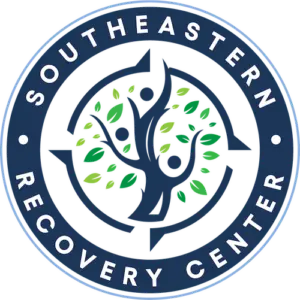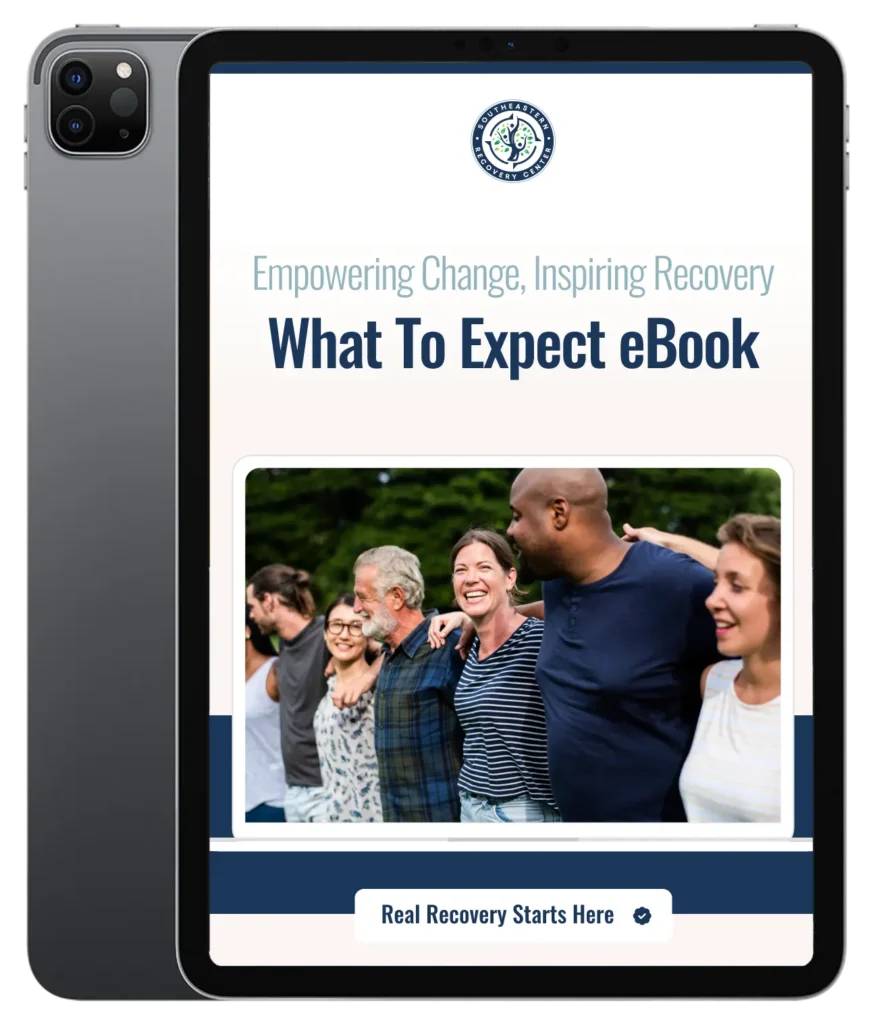The statistics on addiction in Charlotte and North Carolina as a whole are sobering. For the past couple of years, drug overdoses have skyrocketed, increasing by nearly 50% from 2019 to 2020. There were also nearly 15,000 emergency room visits for overdoses in 2020 alone.
If someone you know is struggling with substance abuse, the time to act is now. While it can be difficult to confront a loved one about their addiction, avoiding the issue will only allow the problem to worsen. The most caring thing you can do is to get them into a rehabilitation (rehab) program as soon as possible.
While the road ahead may be difficult, recovery is absolutely possible, and you’ll be there to support them each step of the way. Here is a brief guide on how to get someone into rehab.
Recognizing the Signs That Rehab Is Needed
If someone you care about is exhibiting worrying behavior changes, it may be time to consider rehab. Some signs that help is needed:
- Heightened tolerance and risky behavior: Are they engaging in dangerous activities without concern for consequences? Do they need increasing amounts of alcohol or drugs to feel the effects?
- Deceptive behavior and memory issues: Are they lying to cover up their addiction or forgetting promises and events? This dishonesty and forgetfulness will only worsen without treatment.
- Deteriorating appearance and hygiene: Have they stopped caring for themselves or their living space? Neglecting health, hygiene, finances, responsibilities, and relationships are all red flags their addiction has taken over.
- Mood swings and isolation: Do their emotions change unexpectedly? Have they withdrawn from family and friends? Rehab can help uncover the underlying issues fueling their instability and reconnect them to their support network.
Having a Conversation on Whether They Are Ready for Rehab
Having a sincere conversation with your loved one about going to rehab is crucial. Express your concern for their well-being and your desire to see them live a happy, healthy life. Some key things to discuss:
- Their readiness for change. Ask if they recognize their substance use has become unmanageable and are willing to get help. Change is difficult, so they must be motivated.
- The benefits of rehab. Explain how rehab can teach coping strategies, help explore the underlying causes of addiction, and provide a strong support system.
- Your role in the process. Tell them you want to offer encouragement and help ensure their success. Let them know you’ll be there for them during rehab and once they’re back home. Your support can make a big difference.
- Next steps. If they agree rehab is the right choice, help find treatment centers, schedule assessments, and handle insurance or payment details. Make the process as easy as possible for them. The faster you act, the sooner they can start their recovery journey.
Researching Rehab Effective Treatment Options
When looking into rehab options for your loved one, consider both inpatient and outpatient programs. Inpatient treatment requires staying at the facility 24/7 to focus on recovery, while outpatient allows living at home and attending treatment a few times a week.
Check with your insurance provider about coverage for rehabilitation programs. Some insurance plans cover certain facilities or programs. Look into non-profit organizations and government-funded programs as lower-cost options.
Tour facilities you’re interested in, and ask questions about success rates, credentials, treatment approaches, and accommodations to find the best match. Look for a customized, comprehensive program, including therapy, life skills training, and aftercare.
Investigate holistic programs incorporating nutrition, exercise, art, or music therapy in addition to counseling and group sessions. These alternative therapies can help address mental, physical, and lifestyle changes needed for long-term sobriety.
Admissions Process
Once you’ve convinced your loved one to enter rehab, the admissions process begins. This typically involves an initial phone screening followed by an in-person assessment. A rehab intake coordinator will conduct a brief phone call to gather some basic information about your loved one’s substance use history and physical and mental health.
The coordinator will explain the rehab center’s approach, amenities, costs, and next steps. If it seems like a good fit, an in-person assessment will be scheduled. The in-person assessment is also known as an intake evaluation.
Your loved one will meet with a therapist or counselor for a clinical interview to discuss their substance use in depth. Medical staff will also conduct a physical exam and drug test. Psychological, medical, and family histories are reviewed.
Some paperwork like consent forms, insurance claims, and releases of information may need to be signed. Many rehab centers aim for same-day or next-day admission after the assessment is complete, as motivation and willingness to enter treatment can be fleeting.
Seeking Help is The First Step to Recovery
The first step to overcoming addiction and beginning the recovery process is seeking help. Whether for yourself or a loved one, acknowledging there is a problem and deciding to get help can be difficult. However, it is a courageous first step towards sobriety and a healthier life.
Once you’ve decided to get help for your loved one, explore your options depending on the level of care needed. Once they walk through those doors, give yourself a big pat on the back. You did it! But your work isn’t done – now you need to offer your full support so they can kick their addiction for good.






